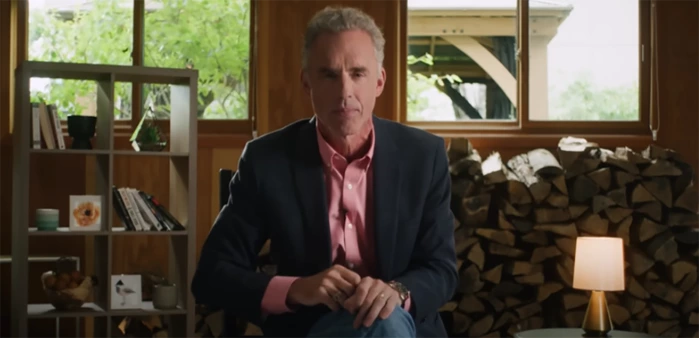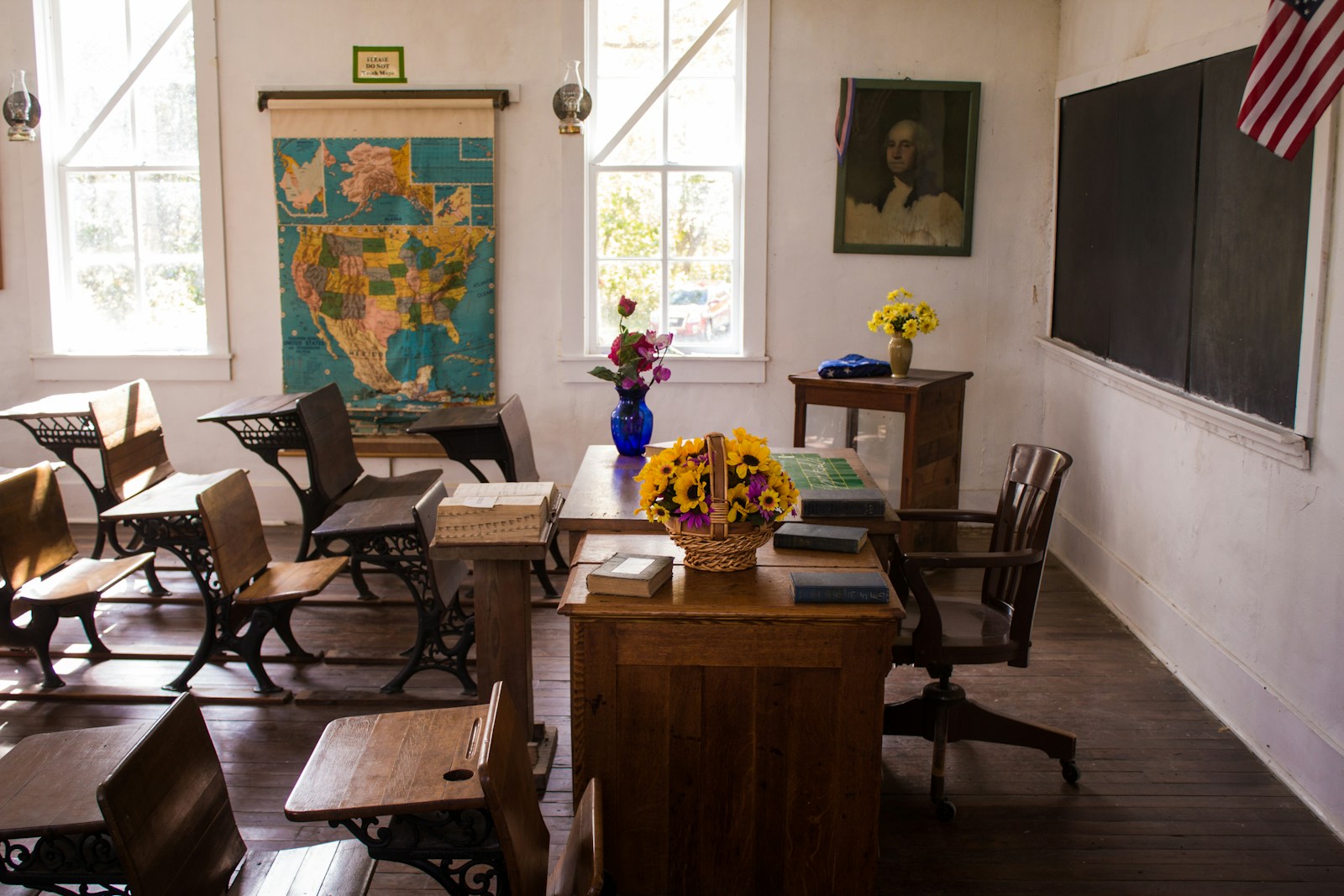In a notable ruling, the Ninth Circuit Court of Appeals has determined that California’s government cannot prevent a group of Orthodox Jewish parents from accessing state special education funds for their children to attend religious schools. This decision comes as a significant relief for these parents, who felt their rights to education aligned with their faith were being compromised.
The three-judge panel deliberated on the case, Loffman v. California Department of Education et al, and unanimously agreed that the state failed to establish that their adherence to a nonsectarian funding requirement truly supported governmental neutrality. Judge Kim Wardlaw described the situation succinctly, stating that the current law forced parents to choose between public school benefits and the religious educational environment they desired for their children.
“Parent Plaintiffs are required to choose between the special education benefits made available through public school enrollment (and subsequent referral to a [non-public, non-sectarian school]) and education in an Orthodox Jewish setting,” Judge Wardlaw remarked. The court highlighted that this scenario exerted an undue influence on the parents’ freedom to practice their religion.
Despite favoring the majority of the parents’ claims, the ruling did not entirely swing in favor of the Loffman family specifically. Judge Wardlaw noted that their complaint lacked sufficient factual support to convincingly show that the nonsectarian requirement negatively impacted their specific choice of educational placement.
The panel decided to send the case back to the district court for further consideration of the parents’ complaints, simultaneously nullifying the previous denial of the injunction by the lower court. Legal advocates from Becket Law, which represented the Jewish families, hailed the decision as a landmark win for religious liberty.
“This is a massive win for Jewish families in California,” said Eric Rassbach, the vice president and senior counsel at Becket. He emphasized the unfairness of the previous restrictions, arguing that it was unacceptable to deny disability benefits to Jewish children simply because of their religious beliefs.
The lawsuit, initiated by the parents in March of the previous year, pointed fingers at several defendants, including the California Department of Education and Superintendent Tony Thurmond. The plaintiffs alleged that the state’s policies were infringing upon their First Amendment rights concerning free exercise of religion and equal protection under the law.
California’s Education Code has long mandated that any institution receiving federal funding under the Individuals with Disabilities Education Act (IDEA) must be nonsectarian, a stipulation that has come under intense scrutiny following this legal challenge. U.S. District Judge Josephine Staton previously sided with the state, suggesting the nonsectarian requirement applied solely to schools, not to the children and parents who seek funding.
The discussions around this ruling contribute to an ongoing legal conversation about the balance between government funding, religious freedom, and the provision of special education services. As this case moves back to the lower court, implications for many families in California are poised to unfold further, potentially setting new precedents in educational law and religious rights.







Leave a Reply